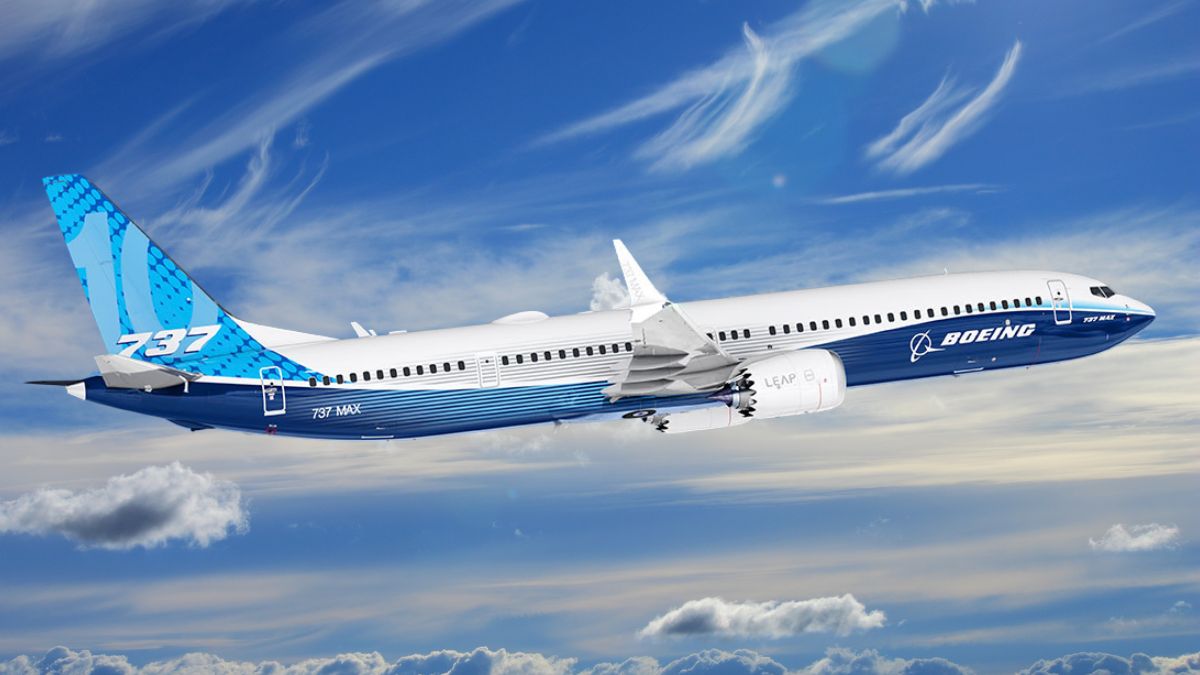
The United States National Transportation Safety Board (NTSB) has issued a rare but urgent warning: CFM LEAP-1B engines, used in Boeing 737 MAX aircraft, could allow toxic smoke to enter the cabin or cockpit, posing a risk to the safety of passengers and crew.
According to the report published by the NTSB, this phenomenon occurs when the engine’s oil system is damaged, especially after a bird strike. “Damage to the engine’s oil system can cause smoke from hot oil to enter the airplane ventilation system and fill the cabin or cockpit,” the agency explained in its 11-page report.
ALSO READ. Gen Z: Why Zoomers Quit Their Jobs? These Are the Top Reasons
What incidents prompted this safety recommendation?
The NTSB’s recommendations were driven by two real incidents on Southwest Airlines flights. The first occurred in December 2023, when a Boeing 737-8 taking off from New Orleans, Louisiana, filled with “acrid white smoke” after a bird was ingested into one of the engines. The smoke was so thick that the captain had difficulty seeing the instrument panel. The crew was forced to use oxygen masks and managed to land safely with no injuries.
The second incident took place in March 2023 on a flight departing from Havana, Cuba, also operated by Southwest Airlines. In that case, another bird strike caused visible fog to enter the passenger cabin. Once again, the crew declared an emergency and landed without injuries.
Which engines are affected and what measures are being taken?
The engines involved in these incidents belong to the LEAP (Leading Edge Aviation Propulsion) family from CFM International, a joint venture between General Electric and Safran Aircraft Engines. Specifically, LEAP-1B engines are used on Boeing 737 MAX aircraft, while LEAP-1A and LEAP-1C engines are installed on Airbus A320neo family aircraft and regional jets like the COMAC C919.
The NTSB stated that the issue originates from a component known as the “engine load reduction device” (LRD), a mechanism designed to reduce vibrations when an engine is damaged. However, paradoxically, this device can damage the oil system and allow smoke to enter the aircraft’s ventilation system.
For this reason, the NTSB has issued recommendations not only to the Federal Aviation Administration (FAA) but also to international regulatory bodies such as the European Union Aviation Safety Agency (EASA) and the Civil Aviation Administration of China (CAAC).
How has Boeing responded to this warning?
Boeing, one of the world’s leading aircraft manufacturers and directly responsible for the 737 MAX, has acted swiftly in response to the NTSB’s recommendations. The company has updated its flight manuals for pilots, outlining the steps to take in the event of smoke entering the cabin due to LRD activation.
“The NTSB also expressed concern that flight crews are unaware of the potential smoke hazard and won’t know how to take action,” the statement reads. As a result, the agency urged the FAA to ensure that all aircraft operators properly inform their crews.
Additionally, the NTSB has called for consideration of software modifications developed by CFM and Boeing as a permanent way to mitigate the issue.
This type of warning, classified as “urgent,” is extremely rare and indicates that the identified risk cannot be ignored or delayed. Although the number of documented incidents is still small, the potential for recurrence across thousands of daily flights justifies immediate action.










